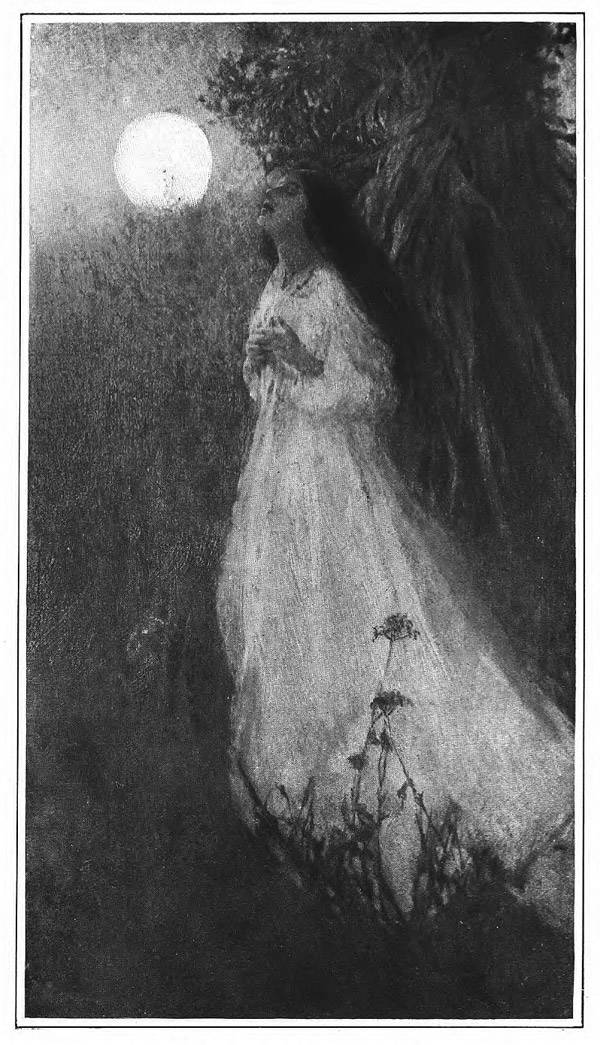
How long can Moscow ignore the mounting evidence against its Chechen puppet? In April the counter-terrorism department of the Vienna police handed over a confidential 214-page report to Austrian prosecutors in which they named Kadyrov and his top aide, Shaa Turlayev, as the “principal offenders” in the January 2009 murder of Israilov, the former member of Kadyrov’s security guard. According to Israilov’s widow, Turlayev appeared in Vienna shortly before the murder and tried unsuccessfully to meet with her husband. In addition, the man charged with organizing the killing locally, a Chechen refugee who now calls himself Otto Kaltenbrunner, placed a call to Turlayev immediately after the murder. Moreover, a copy of Turlayev’s passport was found in the getaway car, along with an electronic airline ticket that he used to travel to Austria. As a representative of Human Rights Watch puts it: “the conclusions reached by the Austrian Prosecutor’s Office about Ramzan Kadyrov…should prompt the Russian government to finally take the necessary steps to restore the rule of law in Chechnya.” —“The Kremlin’s Chechen Dragon,” Amy Knight, NYRBlog
Coming to an international affairs school near you: zoo diplomacy;
a compassionate farmer gives his animals time out when they misbehave;
Ebert says it’s time to put these creatures to sleep
Over the years, we’ve amassed a solid collection of Nintendo games, including Tecmo Super Bowl, Mega Man 2, and all three Super Marios. There is Baseball, Baseball Stars, and Bases Loaded 2. But when I’m feeling eight-bit, I almost always go with Tetris; with few exceptions, it stays in the console, safe as a joey. Like Pac-Man or Punch-Out!!, its pacing and graphics are as effective today as they were in the Reagan years, as good as they need to be. When I pop in, say, Tennis or Ice Hockey, I’m depressingly aware of the gap between them and their modern successors—grunting apes to today’s Gattaca humanoids. But Tetris is different. As with chess, efforts to update it have seemed superfluous, faintly sacrilegious. It’s one of the few entertainments that arrived fully formed, little improvement necessary. —“On Tetris,” Jacob Lambert, The Millions
If the very idea of what it means to study American literature—or to do “American studies”—is somehow at issue in the book’s commitment to provoke, it makes sense to begin with Robert Polito’s essay on the field’s most overdetermined figure, F.O. Matthiessen. Matthiessen, as Polito puts it, “created something like an authorized version of our national literary culture” in his 1941 book American Renaissance, which made the case for a canon consisting of Emerson, Whitman, Melville, Hawthorne, and Thoreau that we know today. Reminding us of Matthiessen’s struggle as a closeted gay man and a conflicted socialist (as a devout Christian he worried about state atheism), Polito wonders what his leap from the twelfth floor window of the Hotel Manger in Boston in 1950 might have to do with these bits of biography. A detail to which Polito gives special attention: before jumping out the window Matthiessen left upon his hotel room dresser his keys, glasses, a note, and “his Yale Skull and Bones pin.” With the table of contents headline for the entry reading “American literary history emerges from Skull and Bones,” we’re given the choice to see the History as either the reified apotheosis of New Historicism (did you know that American studies emerged sui generis from a secret society?), or as innocently freewheeling eclecticism. —“The American Peacock,” Paul Grimstad, n+1



